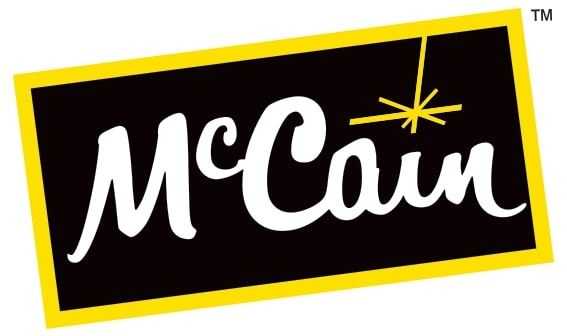McCain Foods Enhances Commitment to Sustainable Agriculture with New Innovation Hubs
Toronto, ON – McCain Foods is expanding its network of Innovation Hub farms across North America, partnering with four additional farms in Alberta, Wisconsin, Maine, and Idaho. This initiative supports McCain’s commitment to implementing regenerative agriculture practices across 100 percent of its global potato acreage by 2030.
Expanding the Network
This growing season, McCain will collaborate with new farms in diverse regions, adding to established hubs in Idaho, Washington, and Manitoba. The new hubs will include potato farms in Alberta, Wisconsin, and Maine, and an onion farm in Idaho. These hubs serve as local extensions of McCain’s Farms of the Future project, testing commercial-scale research trials to promote learning and transparency.
Focus on Regenerative Agriculture
Dan Metheringham, North America Vice President of Agriculture and Sustainability, emphasized the importance of regenerative agriculture in McCain’s mission. “Regenerative agriculture is a core part of our mission to grow food in a smart and sustainable way,” he said. “We are currently writing what promises to be a defining chapter for sustainable agriculture and we are proud of the work our team and partners are doing from the ground up.”
The Innovation Hubs aim to address various agricultural challenges unique to their regions, such as soil erosion, water insecurity, nutrient management, and pesticide toxicity. They showcase best practices and applications of regenerative techniques, including cover cropping, crop diversity, irrigation innovations, advanced machinery, and nature-based solutions.
Sharing Knowledge and Best Practices
Innovation Hub farms play a crucial role in sharing knowledge. Farmers conduct commercial-scale trials to test new practices and varieties, sharing their findings with local growers during ‘Field Day’ events. This approach allows for rapid learning and adaptation of sustainable practices.
“Farmers are conducting commercial-scale trials so we can learn fast – and fail fast – with new practices and new varieties, then share that knowledge with local growers,” Metheringham explained. “The early signs are positive: a significant percentage of growers who visit our Innovation Hubs express their intent to implement new practices on their own farms.”
Positive Impact and Future Goals
Through these efforts, McCain is building strong evidence that sustainable agriculture can be both economically and environmentally viable. The number of farmers growing food for McCain and adopting regenerative practices is steadily increasing, showing tangible progress towards the company’s sustainability goals.
McCain Foods continues to lead the way in sustainable agriculture, demonstrating that regenerative practices can lead to assured supply, strong yields, and improved soil health. The expansion of Innovation Hub farms marks a significant step forward in McCain’s commitment to a more sustainable future.







